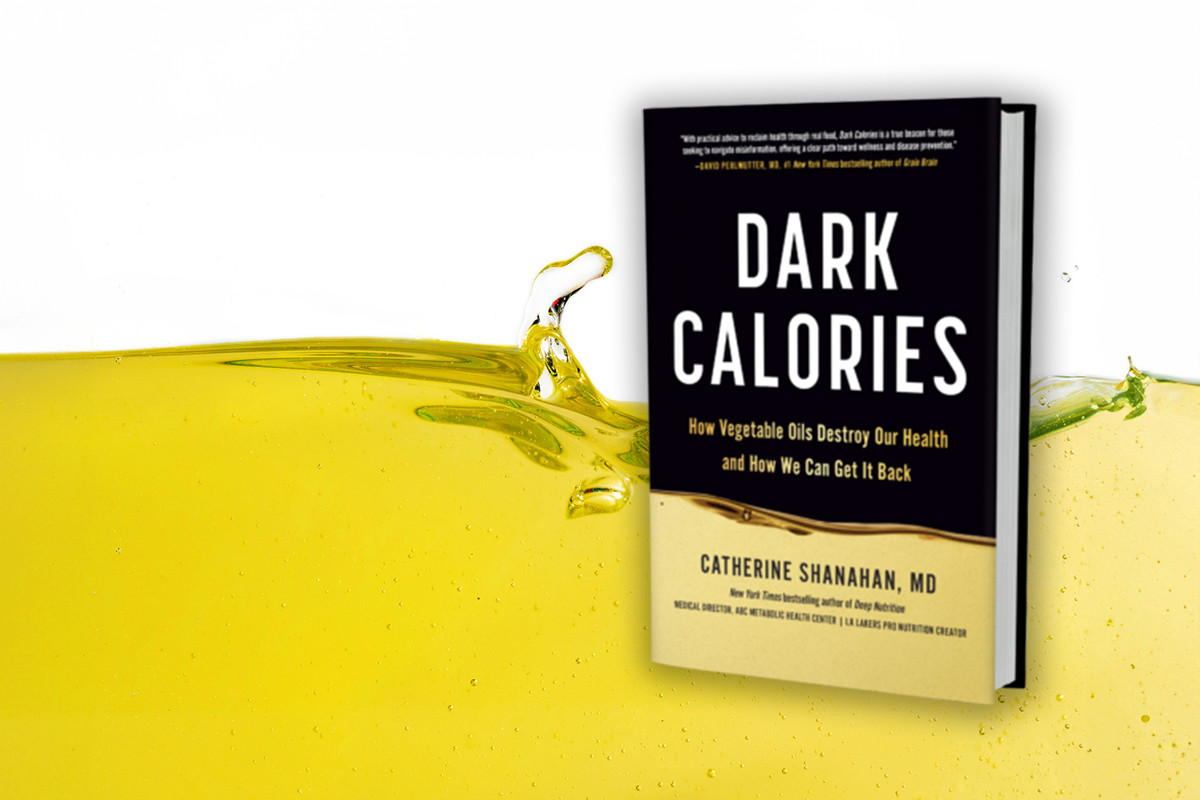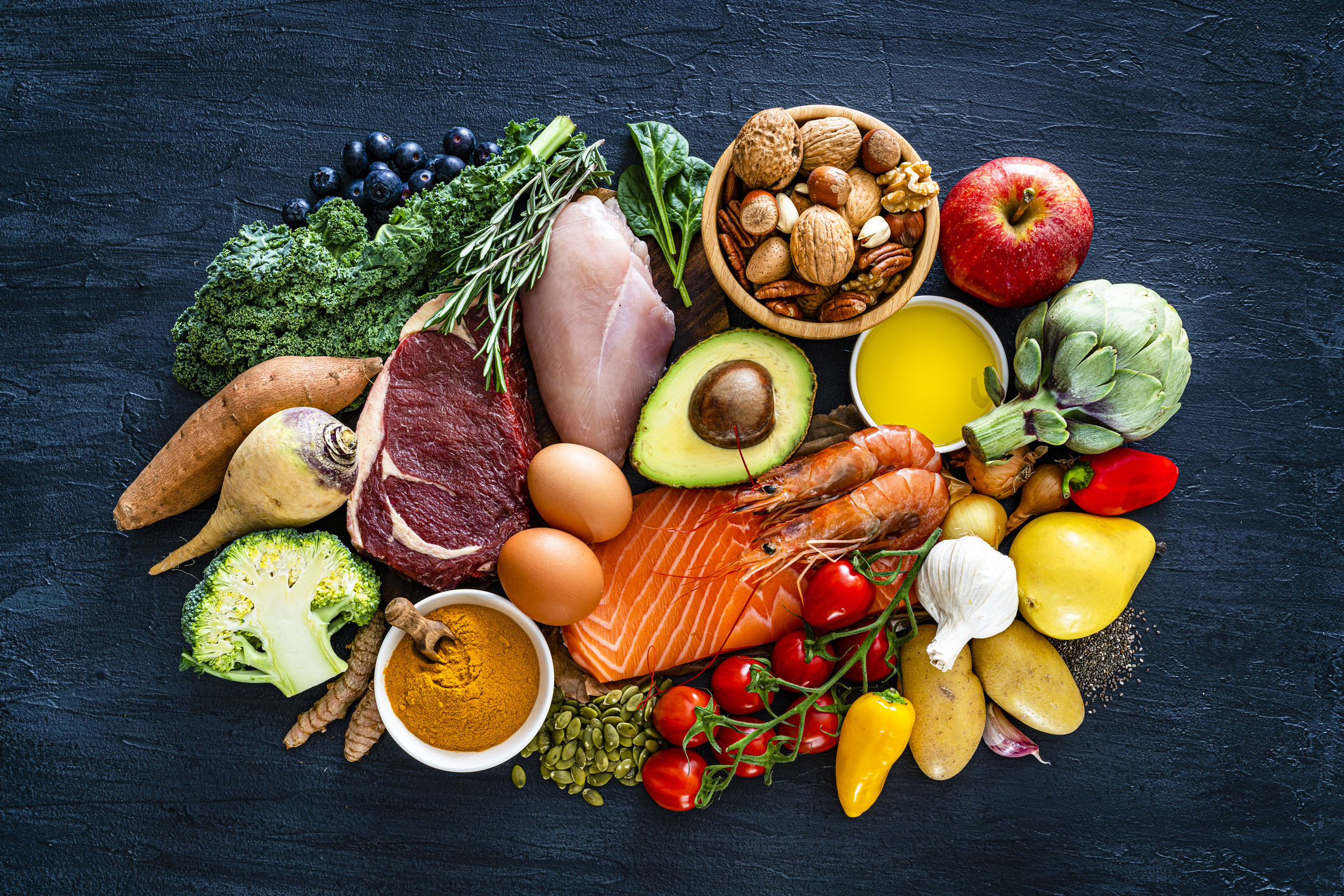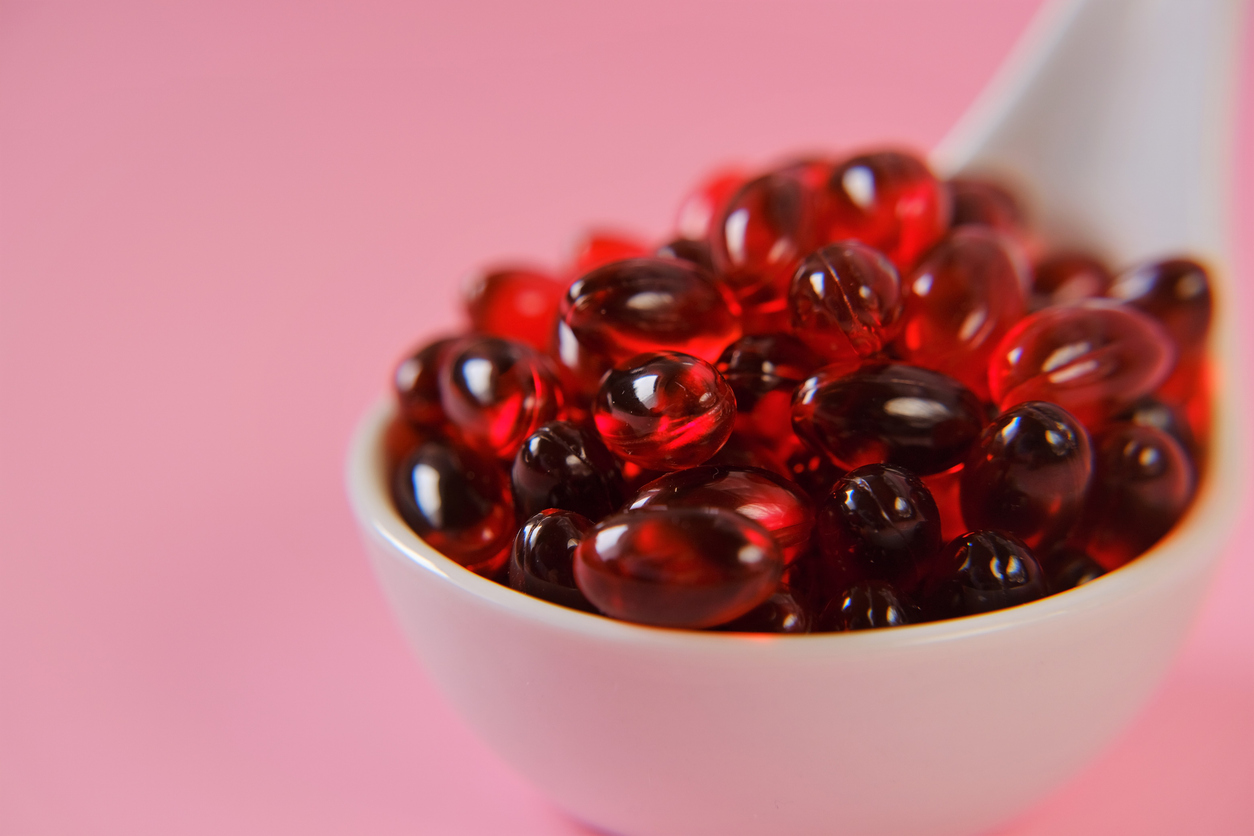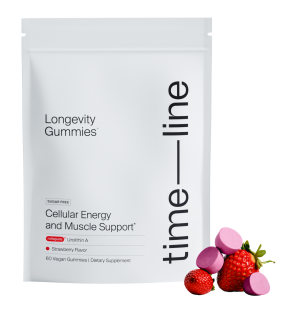There’s been a lot of buzz lately about the harmful effects of industrial seed oils. While some claim that they are poison—to be avoided at all costs—others claim that the hysteria is unwarranted:
“While the internet may be full of posts stating that seed oils such as canola and soy are ‘toxic,’ scientific evidence does not support these claims, according to experts. Guy Crosby, adjunct associate of nutrition at Harvard T.H. Chan School of Public Health, was among those quoted in a May 31, 2022 Consumer Reports article who pushed back on the idea that these oils cause health ills ranging from headaches to heart disease.”—Harvard T.H. Chan School of Public Health
And the American Heart Association, in its revised 2021 dietary guidelines, doubled down on its recommendation that Americans use “liquid plant oils rather than tropical oils and partially hydrogenated fats”and “low-fat or fat-free dairy products; and if meat or poultry is desired, choose lean cut”.
Into the fray wades Dr. Cate Shanahan with a timely and well-researched book, Dark Calories. She’s an MD with a background in biology and nutritional biochemistry who draws inspiration from the Ancestral Foods movement.
During our recent podcast interview, she recounts how she experienced a personal health crisis during her early years as a Family Practitioner. She was constantly craving sugar and encountered debilitating bouts of fatigue and episodes of brain fog.
In search for a root cause of her malaise, she discovered the work of Mary Enig, Ph.D.:
“ . . . a nutritionist and researcher known for her unconventional positions on the role saturated fats play in diet and health. She disputed the medical consensus that diets high in saturated fats contribute to development of heart disease, while she advocated for a low-carbohydrate high-fat diet, rich in animal fats and coconut oil.”
Dr. Shanahan turned her health around and applied her rigorous understanding of molecular biology to guide her to a nuanced approach to nutrition. Dark Calories is the culmination of years of research.
Why are the calories delivered by refined vegetable oils “dark”? In her book, Dr. Shanahan explains that the molecular structure of ultra-processed seed oils renders them particularly disruptive; in effect, they gum up the works of our cellular machinery. They are not merely alternative sources of calories, equivalent to other natural fats; rather, by virtue of their unstable chemical bonds, they are highly oxidative and damaging.
These oils, she says, intercalate with cell membranes, interfering with signaling; they undermine mitochondrial function; they attack arterial walls; they promote inflammation; and they undermine immune function, hastening immune senescence and autoimmunity.
Above all—and this is a central claim of Dark Calories—Shanahan says “sugary foods are less of a problem that inflammatory fat”. By now it’s reiterated dogma that the dramatic escalation in Americans’ intake of refined carbohydrates—ushered in by the introduction of cheap high-fructose corn syrup in the 1970s—is responsible for the soaring rates of obesity, metabolic syndrome, diabetes and preventable degenerative diseases that we’re now encountering.
But another thing happened during the Disco Era. Americans were propagandized with the notion that butter, lard, and full-fat dairy and animal protein were the culprits in heart disease. The “diet-heart” or “lipid hypothesis” gained ascendancy, contending that it was cholesterol and saturated fat that were the drivers of atherosclerosis. The pharmaceutical industry responded with statins, and Big Food reaped windfalls with low-fat foods and “improved” versions of fats.
Who can forget the TV ads for Imperial Margarine in which a savvy homemaker puts a crown on Dad’s head with a hydrogenated corn-oil butter substitute (“Sure tastes like butter!”).
The campaign was successful. It’s estimated that refined vegetable oils now deliver up to 1/3 of the calories in a typical American’s diet! They’re not just in margarine—they’re ubiquitous in candy, protein and energy bars, baked goods, fried foods, pizza, tacos and enchiladas, Chinese take-out, chips, pretzels, dressings, mayonnaise, microwave popcorn, cake frosting, and dairy-free cheese, creamers and whips; their latest incarnation is in “plant-based” meat substitutes like the Impossible Burger. Nutritional support drinks like Boost and Ensure are Trojan horses for industrial seed oils.
It was all predicated on a serious wrong turn in nutritional epidemiology. A major influential study spanning 1968-73—the Minnesota Coronary Experiment—was touted for demonstrating that replacing saturated fat with vegetable oil could slash cholesterol. I even recall a cardiology professor in med school who—relying on faulty science—bragged about how he chugged a shot glass of refined polyunsaturated corn oil every day to protect his arteries!
But a retrospective analysis 40 years later in 2016 corrected the record:
“Available evidence from randomized controlled trials shows that replacement of saturated fat in the diet with linoleic acid effectively lowers serum cholesterol but does not support the hypothesis that this translates to a lower risk of death from coronary heart disease or all causes . . . Findings from the Minnesota Coronary Experiment add to growing evidence that incomplete publication has contributed to overestimation of the benefits of replacing saturated fat with vegetable oils rich in linoleic acid.”
In fact, the opposite may be true. A 2018 review marshals evidence to conclude (echoing Shanahan):
“The consumption of the omega-6 polyunsaturated fat linoleic acid has dramatically increased in the western world primarily in the form of vegetable oils. OxLDL is thought to play an important role in atherosclerosis formation; however, it is the oxidised linoleic acid contained in LDL that leads to harmful OXLAMs, which induces atherosclerosis and CHD. Thus, reducing the amount of dietary linoleic acid, mainly from industrial vegetable/seed oils, will reduce the amount of linoleic acid in LDL and likely reduce oxLDL as well as the risk for coronary heart disease.”
Compounding the problem is that Americans are dining out at unprecedented rates; restaurant and takeout food, even from fancy eateries, is inevitably laced with poor quality seed oils. So, too, are meals in school cafeterias, nursing homes, hospitals, prisons, and the military.
Shanahan claims, with a flourish, that eating a serving of French fries is as harmful as smoking a cigarette! Multiple reheatings of seed oils in deep fryers supercharges their toxicity.
Countering those placing the blame for our obesity epidemic on sugar alone, Shanahan flips the paradigm: She explains that our inordinate craving for carbohydrates stems from impaired cellular metabolism due to an over-accumulation of novel industrial fats entirely foreign to our physiology. Sugar craving is the inevitable outcome of impaired mitochondrial efficiency. The “dark fats” now stored in our adipose tissue are uniquely resistant to mobilization for energy.
Even more pernicious, according to Shanahan, are ultra-processed seed oils’ effects on brain metabolism. The brain is a highly lipid-rich environment; its function is impacted by the fat composition of neurons. Current epidemics of neurodegenerative and psychiatric disorders are traceable to impairments in brain metabolism which may be linked to dietary factors—like the quality of fats we consume.
New research has linked consumption of poor quality oils to depression and violence:
“Strong temporal relationships have been reported between higher intakes of the omega-6 fatty acid, LA [linoleic acid] and greater prevalence rates of major depression and homicide mortality in five different countries between 1960 and 2000 (20-fold higher risk).”
Shanahan contends that the continued insistence that new-fangled vegetable oils are safe equivalents to traditional fats is the result of pervasive corruption; Dark Calories implicates academia, the orthodox medical community, compliant media, and health policy makers. The U.S. vegetable oil market size was valued at $109 billion In 2023 and is projected to reach $155 billion by 2030, wielding enormous influence.
Critics have argued that studies demonstrating the harms of refined seed oils merely reflect the fact that they’re pervasive in ultra-processed food; it’s the junk food that’s sickening us, they contend, not the vegetable oils per se. Shanahan disagrees; her analysis points to the distinct toxic effects of these industrialized fats, above and beyond the calorie-dense, nutrient-bereft goodies they’re featured in.
In her recommendations, Shanahan takes a balanced approach. You might expect that she abjures all vegetable oils, but she’s selective. She especially indicts the “Hateful Eight”:
- Soy oil
- Sunflower oil
- Safflower oil
- Canola oil
- Corn oil
- Cottonseed oil
- Hydrogenated oil
- Refined palm oil
Some might be surprised to see Canola oil on her list. While traveling in Poland, the Czech Republic and Scotland, I’ve seen vast fields of beautiful yellow flowers. That’s Canola, a new crop that’s spawned a lucrative industry, an ingredient ubiquitous in many “healthful” offerings like mayonnaise, chips, and salad dressings. “High-oleic” Canola is often touted as an alternative to olive oil because of its significant content of “heart-healthy” monounsaturated fat.
But Canola is highly processed and artificial, its chemical structure altered via harsh manipulation. By contrast, Shanahan endorses extra virgin olive oil because it’s cold-pressed and delivers a load of beneficial polyphenols; similarly, peanut, flax, avocado, and sesame oils are less processed and can be consumed judiciously.
Contrary to some who take the more extreme stance of urging that we expunge every vestige Omega-6 from our diets, Shanahan recognizes that linoleic acid is an essential fatty acid that, in moderate amounts, can be beneficial—as long as not sourced from highly-processed seed oils, and while balanced with ample Omega-3 intake.
As an Ancestral Diet acolyte, Shanahan is OK with unrefined coconut oil, lard, butter, ghee, and even bacon fat. They’re saturated, but that renders them more stable and resistant to oxidation.
How long does it take for a person to achieve an “oil change”? Shanahan estimates that the efflux from cells of harmful fats and their replacement with more physiological lipids can take a year or two. In my opinion, it’s a transformation well worth undertaking.
RESOURCES:
- DrCate.com
- Seed Oil Scout: “the most complete map of seed oils at restaurants anywhere”
- The Apple Podcast app now offers complete transcripts of each of my programs! See the full text of my interview with Dr. Cate here.







